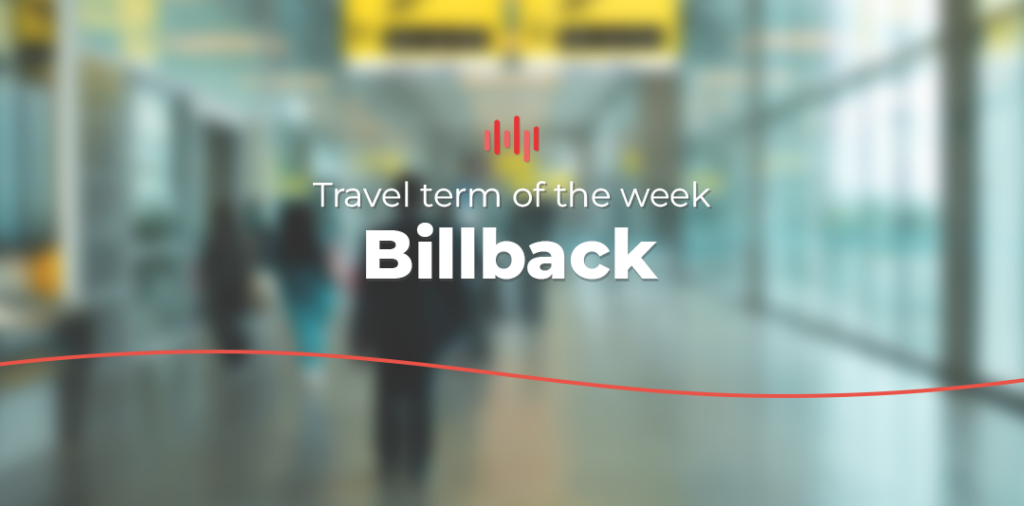
Billback – Travel term definitions
Have you heard of a Billback?
When travelling for business, some of us like to leave everything to the last minute. Packing, booking cabs, arriving at the airport… almost everything. This inevitably leads to rushing around and neglecting a few essential steps in preparing to leave. Checking out of a hotel for example isn’t always as simple as returning the keys and leaving. If you’re already rushing to get to the airport this is exactly what you don’t need, and it can turn a great trip into one with a much more stressful ending than you’d hoped for.
As this situation happened to many travellers time and time again, a new system for payments was developed. Enter the Billback.
So, what is Billback?
A Billback is an automated payment option for hotels. They’re done prior to travel to allow the luxury of both a quick arrival and departure, without the hassle that can come with paying when checking out. Management can set up a billback payment with the hotel in advance and provide their employees travelling with a card that holds the correct amount needed to pay for the accommodation. When checking out of the hotel, any costs that are not within the scope of the trip must be paid for by the individual/group.
Unfortunately, not all hotels have the same universal payment and access method as many transport companies do today. Because of this many companies with frequent travellers have to rely on a travel agency to manage this.
Usually, employees will be given billback instructions prior to travel, and it would accompany them on their trip. This would contain a payment card (also known as a ‘V-Card’) which is used to buy pre-approved items which are considered a necessity for the trip e.g. Number of rooms, room rate, Hotel name, meal allowance etc.
However, not all hotels accept billback for too many reasons to list here. Always contact the hotel before travelling if you haven’t stayed with them before.
Unsure of what some other commonly used business travel terms mean? We’re defining them regularly in the blog section of our website.



